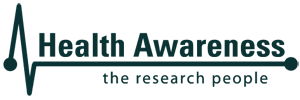What are Triglycerides?
Triglycerides are a type of fat (lipid) found in your blood. When you eat, your body converts any calories it doesn’t need to use right away into triglycerides, which are stored in your fat cells. Later, hormones release triglycerides for energy between meals. If you regularly eat more calories than you burn, particularly “easy” calories like carbohydrates and fats, you may have high levels (hypertriglyceridemia).
Why do high triglycerides matter?
Although it’s unclear how, high levels may contribute to hardening of the arteries or thickening of the artery walls (atherosclerosis) — which increases the risk of stroke, heart attack and heart disease.
High triglycerides are often a sign of other conditions that increase the risk of heart disease and stroke as well, including obesity and metabolic syndrome — a cluster of conditions that includes too much fat around the waist, high blood pressure, high triglycerides, high blood sugar and abnormal cholesterol levels.
Sometimes high triglycerides are a sign of poorly controlled type 2 diabetes, low levels of thyroid hormones (hypothyroidism), liver or kidney disease, or rare genetic conditions that affect how your body converts fat to energy. High triglycerides could also be a side effect of taking medications such as beta blockers, birth control pills, diuretics, steroids or the breast cancer drug tamoxifen.
For more information:
